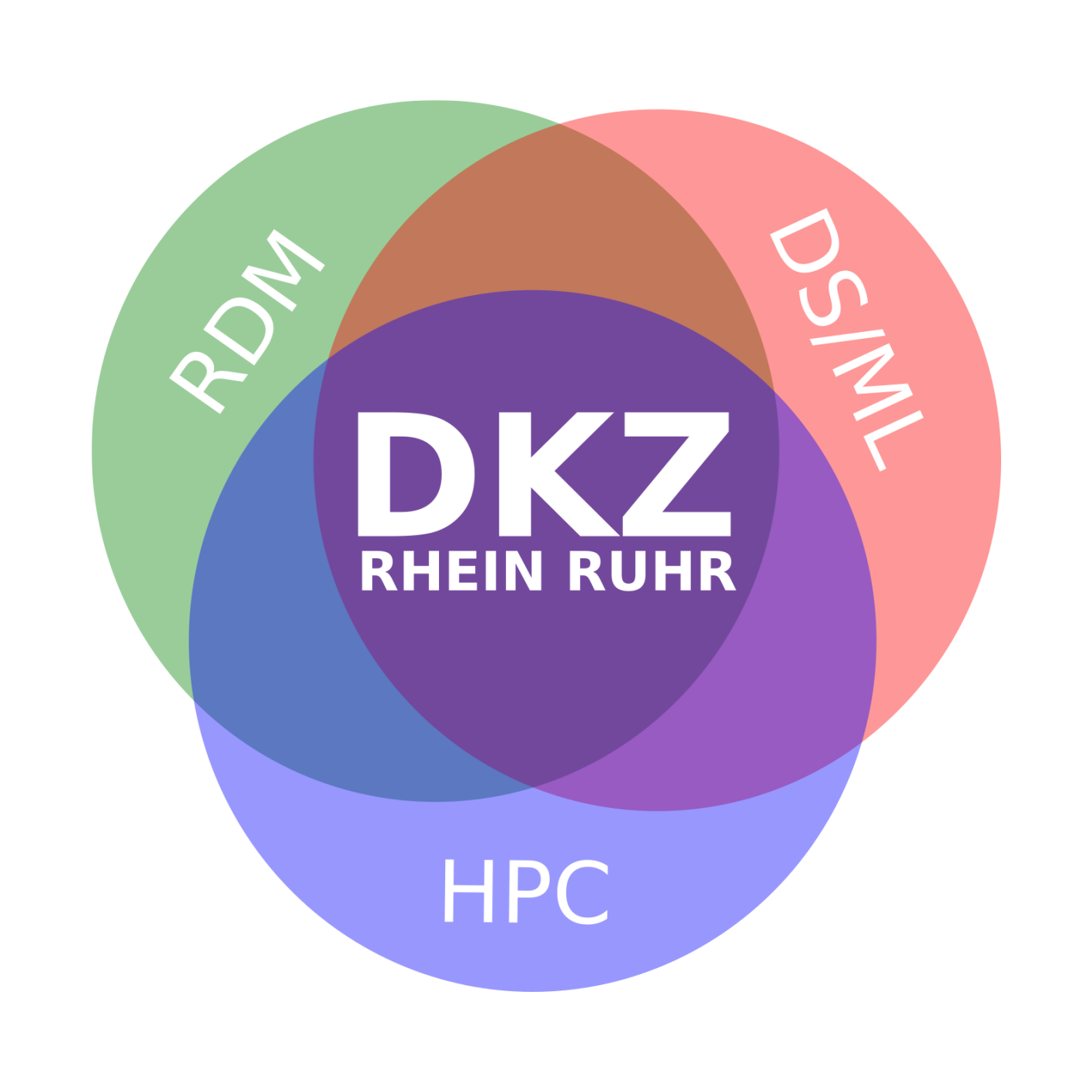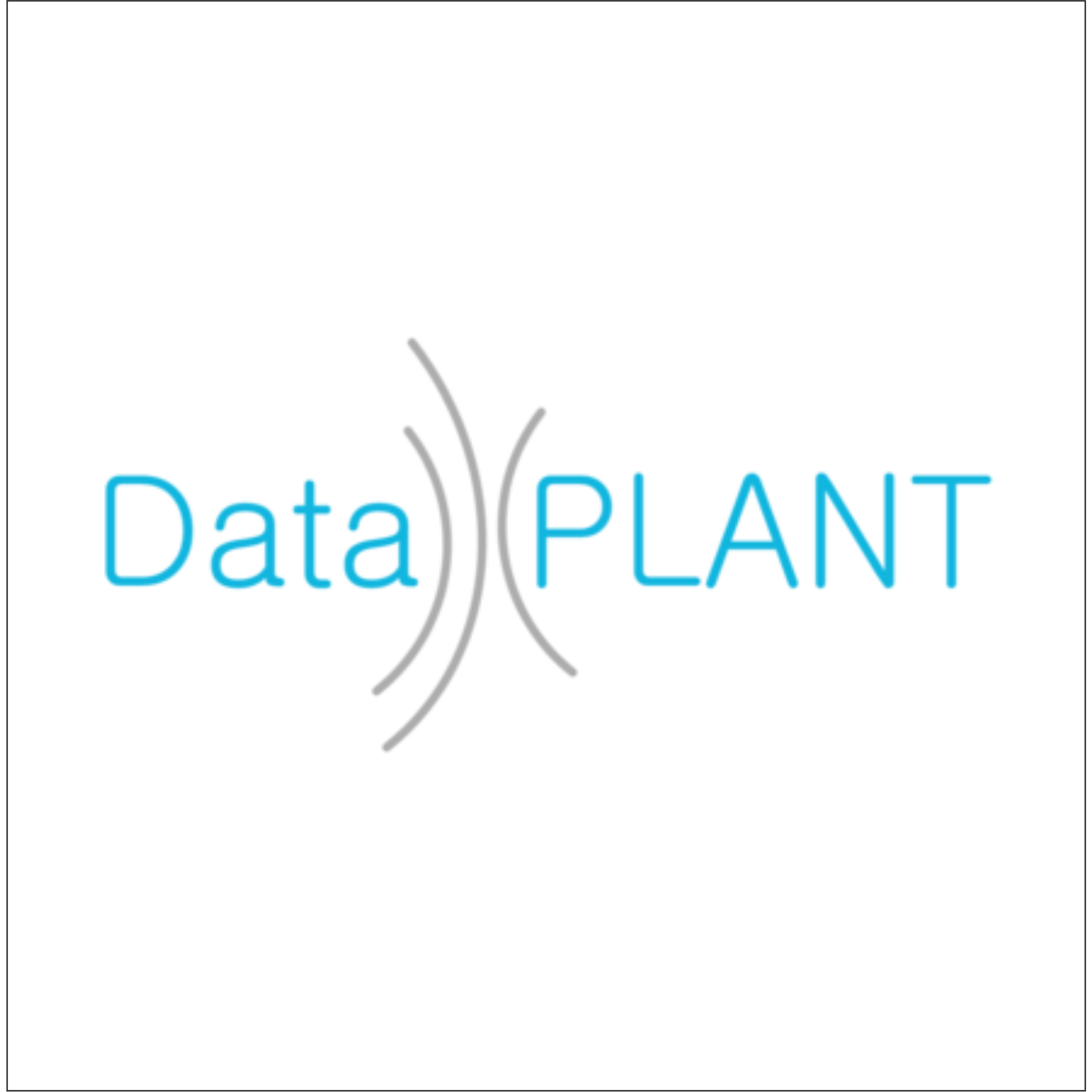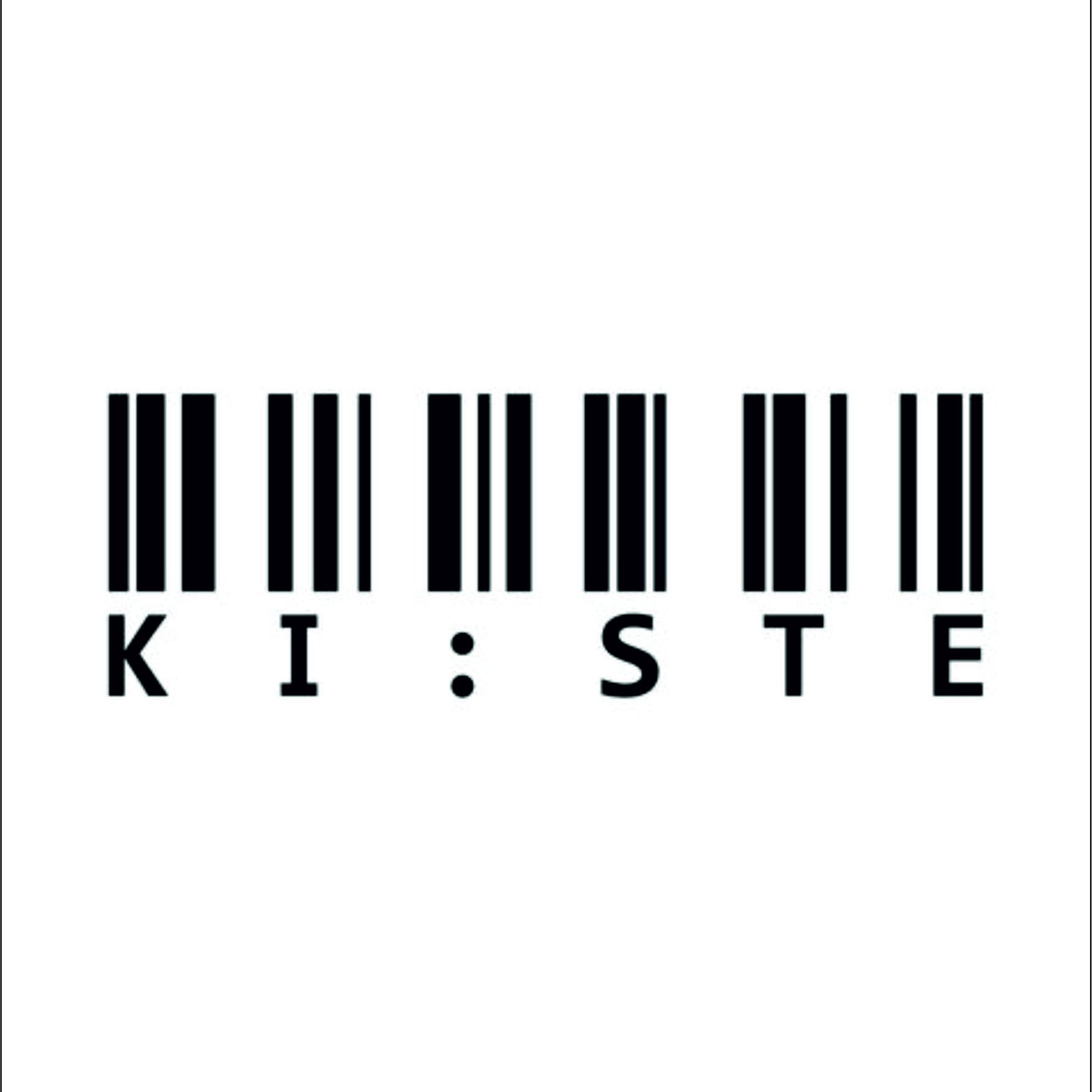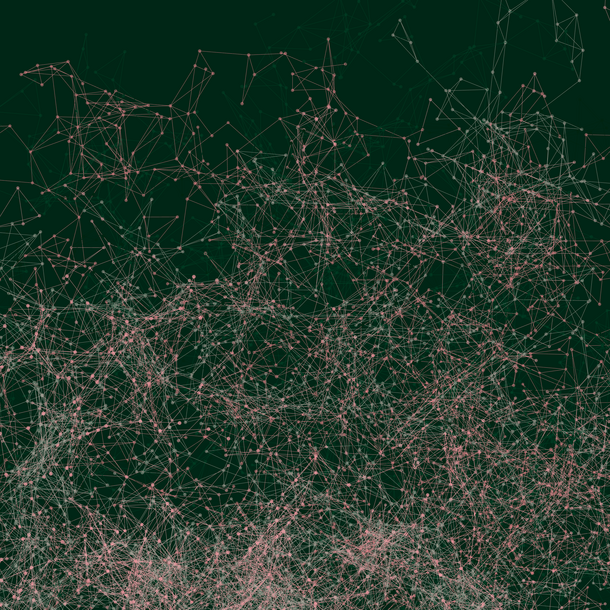The network of HDS-LEE has been an extraordinarily productive incubator for the development and initiation of many other projects in cooperation with different centers and project partners, all of which are now part of the HDS-LEE community.
MiBioLab
MiBioLab - Automated Bioprocess Development
Duration
started in 2016
second phase starting in 2023
Involved HDS-LEE PIs
Project Partners
FZJ (Forschungszentrum Jülich)
Funding Agency
Helmholtz Association
Related links
MiBioLab - Automated Bioprocess Development
HDS-LEE Scientific Director Prof. Wolfgang Wiechert is involved in a Helmholtz Enterprise Spin-off Program named “MiBioLab - Automated Bioprocess Development” funded by Helmholtz as an Helmholtz Innovation Labs in a second phase starting in 2023. The aim is to develop an automated microbioreactor platform to accelerate the development of sustainable bioprocesses. In 2017 the lab got a first funding from the Helmholtz Association to build a Helmholtz Innovation Lab. The goal was to apply the technology in joint research projects with industrial companies. This was the starting point of the Microbial Bioprocess Lab (MiBioLab) as a contract research organization. A digital twin of the lab robotic facility and on-line data processing plays a central role in MiBioLab. Laura Helleckes, a doctoral researcher of MiBioLab, was associated in HDS-LEE in 2021. HDS-LEE will highly profit from the platform and the generated high throughput experimental data.
IRTG 2379 - MIP
IRTG 2379 - Hierarchical and Hybrid Approaches in Modern Inverse Problems
Duration
started in October 2018
was approved in November 2022 for a 2nd phase
Involved HDS-LEE PIs
Project Partners
- RWTH Aachen University
- University of Texas at Austin
Funding Agency
Deutsche Forschungsgemeinschaft (DFG)
Related Links
IRTG 2379 - Hierarchical and Hybrid Approaches in Modern Inverse Problems
The International Research Training Group (IRTG 2379) „Hierarchical and Hybrid Approaches in Modern Inverse Problems“, is funded by the German Research Foundation (DFG) and started on October 2018, and in November 2022 was approved for a second phase. It is a cooperation between RWTH Aachen University and the University of Texas at Austin with the following HDS-LEE PIs involved in this program: Prof. Marek Behr, Prof. Alexander Mitsos, Jun.-Prof. Benjamin Berkels, Prof. Julia Kowalski, Prof. Raúl Tempone, and the associated PIs Prof. Abigail Morrison, Prof. Michael Herty, Prof. Stefanie Elgeti. The doctoral theses address modern inverse problems and introduce a new innovative approach to the education of future scientists and engineers. They focus on the challenges posed by the interplay of four specific topics: Geometry, Data, Models, and Applications. The training program is open to HDS-LEE doctoral researchers and a regular exchange takes place.
Uncertainty Quantification - From Data to Reliable Knowledge
Uncertainty Quantification - From Data to Reliable Knowledge
Duration
December 2019 to May 2023
Involved HDS-LEE PIs
Project Partners
- Alfred-Wegener-Institut, Helmholtz-Zentrum für Polar- und Meeresforschung (AWI)
- Forschungszentrum Jülich (FZJ)
- GeoForschungsZentrum (GFZ)
- Helmholtz Institute for Functional Marine Biodiversity (HIFMB)
- Helmholtz Munich
- Hereon
- Karlsruher Institut für Technologie (KIT)
- Helmholtz Center for Environmental Research (UFZ)
- Bielefeld University
Funding Agency
Helmholtz Association
Uncertainty Quantification - From Data to Reliable Knowledge
Prof. Alexander Mitsos (HDS-LEE PI), Prof. Dirk Witthaut (HDS-LEE PI), and Dr. Manuel Dahmen are FZJ PIs in the HGF Incubator Pilot Project “Uncertainty Quantification - From Data to Reliable Knowledge” (UQ) funded by Helmholtz Initiative and Networking Fund from December 2019 – May 2023. The UQ project is led by Prof. Martin Frank (KIT) and Prof. Christiane Fuchs (Helmholtz Munich) and connects researchers from four different Helmholtz research fields (Energy, Earth & Environment, Information, Health) with Helmholtz data science experts, applied mathematicians, and university partners. The Jülich PIs, together with Prof. Veit Hagenmeyer (KIT), focus on the uncertainties associated with renewable energy production, their propagation through power-grid systems, and optimal demand response of power-intensive production processes. Two doctoral researchers working on this project, Sonja Germscheid and Leonardo Rydin Gorjão, were associated to HDS-LEE in 2020.

Rhine-Ruhr Center for Scientific Data Literacy
Rhine-Ruhr Center for Scientific Data Literacy
Duration
started in 2023
Involved HDS-LEE PIs
Project Partners
- Forschungszentrum Jülich GmbH,
- RWTH Aachen University,
- FH Aachen - University of Applied Sciences,
- Universität Bonn,
- Fraunhofer Institute for Intelligent Analysis and Information Systems (IAIS),
- Hochschule Bonn-Rhein-Sieg - University of Applied Sciences,
- University of Cologne,
- Ruhr-University Bochum,
- and University Duisburg-Essen,
Funding Agency
BMBF
Related links
Rhine-Ruhr Center for Scientific Data Literacy
In 2023, the Rhine-Ruhr Center for Scientific Data Literacy (DKZ.2R) was founded, which is headed by HDS-LEE PI Prof. Stefan Sandfeld and JARA-CSD Director Prof. Matthias Müller. The goal is supporting and assisting researchers from a variety of research disciplines with regard to increasingly complex data analysis, data management, and high-performance computing.
The Rhine-Ruhr Center for Scientific Data Literacy (DKZ.2R) focuses on implementing methodological data literacy in a “holistic” manner and will actively support domain scientist in their research. The focus of DKZ.2R lies on Data Science and Machine Learning (DS/ML), High Performance Cumputing (HPC) and Research Data Management (RDM). The key domains are mathematics and computer science, life and natural sciences as well as engineering sciences.
Helmholtz Foundation Model Initiative
Helmholtz Foundation Model Initiative
Duration
started in 2024
Involved HDS-LEE PIs
Project Partners SOL-AI:
- Forschungszentrum Jülich
- Karlsruher Institute for Technology
- Helmholtz-Zentrum Berlin für Materialien und Energie
- Helmholtz-Zentrum Hereon
Project Partners HClimRep:
- Forschungszentrum Jülich
- Alfred Wegener Institute
- Helmholtz Center for Polar and Marine Research
- Karlsruher Institute for Technology
- Helmholtz-Zentrum Hereon
Funding Agency
Helmholtz Association
Related links
Helmholtz Foundation Model Initiative
HDS-LEE PIs Prof. Martin Schultz and Prof. Stefan Sandfeld coordinate two pilot projects funded by the new Helmholtz Foundation Model Initiative (HFMI) to create a new generation of AI foundation models for science. They are involved in the projects "HClimRep: Capturing interactions between the atmosphere, ocean, and sea ice in a novel climate model" and "SOL-AI: Development and optimization of photovoltaic materials".
HClimRep
The HClimRep project aims to answer exactly these questions. By building one of the first AI foundation models for climate research, which combines data from the atmosphere, ocean, and sea ice, researchers are developing one of the most precise weather and climate models in the world. This deep-learning model, with billions of parameters, will be capable of conducting complex "what-if" experiments and other modeling tasks related to the ocean and atmosphere, thanks to extensive training on Europe's first exascale computer.
SOL-AI
SOL-AI aims to create a foundation model that will fundamentally reform materials informatics in this field. It is capable of integrating the diversity of experimental data and results in the research of photovoltaic materials, advancing innovations in various areas: from accelerated component development and optimization to the discovery of new solar materials. SOL-AI is expected to develop solutions that will have practical relevance for both research and industry.

Data Plant
Data Plant
Duration
2020-2025
Involved HDS-LEE PIs
Project Partners
- Albert-Ludwigs-University Freiburg
- Eberhard Karls University Tübingen
- Technical University of Kaiserslautern
- Forschungszentrum Jülich
Funding Agency
Deutsche Forschungsgemeinschaft (DFG)
Related links
Data Plant
The HDS-LEE PI Prof. Björn Usadel and his working group at IBG-4 is involved in the recently initiated research consortium ‘DataPLANT’ (NFDI4Plants). The consortium is one of a total of nine in the National Research Data Infrastructure (Nationale Forschungsdateninfrastruktur - NFDI) initiative, which focuses on the systematic indexing, editing, sustainable storage and accessibility of science and research data resources and (inter)national networking. ‘DataPLANT’ aims to develop a service and data infrastructure enabling modern plant research to collect and provide large amounts of data in compliance with the FAIR data principles. With their tools that are currently being developed, ‘DataPLANT‘ is striving to use existing services and make them accessible rather than to create a completely new infrastructure.
‘DataPLANT’ is coordinated by the Albert-Ludwigs-University of Freiburg (Spokesperson: Dr. Dirk von Suchodoletz). Co-applicant institutions are the Eberhard Karls University Tübingen (Co-spokesperson: Dr. Jens Krüger), the Technical University of Kaiserslautern (Co-spokesperson: Jun. Prof. Timo Mühlhaus) and the Forschungszentrum Jülich. Prof. Björn Usadel acts as one of the co-spokespersons of ‘DataPLANT’. His group will focus on the development of plant research (meta)data standards (Standardization), ensuring data quality including the completeness of the metadata (data quality), and interoperability to ensure the (re)usability of the research data (data/workflow interoperability). These efforts will be conducted to strengthen and coordinate standardization efforts in plant research-related data and workflow annotation and will be closely linked with other relevant NFDIs nationally and internationally projects. Prof. Björn Usadel’s research work for ‘DataPLANT’ will be strongly connected to HDS-LEE project ‘Framework for Meta Data Analysis and Interactive Exploration of large Plant FAIR data sets’ to use synergies of both projects and to connect them.
SDL DIGITAL PATIENT @NHR4CES
SDL DIGITAL PATIENT @NHR4CES
Duration
2021-2031
Involved HDS-LEE PIs
Project Partners
- RWTH Aachen
- TU Darmstadt
Related links
SDL DIGITAL PATIENT @NHR4CES
HDS-LEE PIs Prof. Gulia Rossetti and Prof. Andreas Schuppert lead the Simulation Data Lab (SDL) ‘Digital Patient’ together with their colleague Prof. Dorit Merhof within the big consortia of NHR4CES. The aim is to develop a personalized model of a patient for diagnostics, prediction of disease progression and therapy outcome by using integrate HPC resources with ML algorithms and simulations to develop model-based medical applications, ranging from molecular modeling of disease mechanisms up to patient scale system medicine models. The SDL will provide the full range of expertise from simulations of biochemical processes on a molecular scale, integration of heterogeneous data sources from genomics to clinical monitoring data with biomedical knowledge into hybrid models up to integrated image analysis on the patient scale.
In NHR4CES (NHR for Computational Engineering Science), RWTH and TU Darmstadt cooperate to foster computational engineering sciences in joint projects, graduate schools and study programs. The focus is on engineering applications, especially in complex flow scenarios or energy conversion, materials design, engineering physics and chemistry. In recent years, research competencies in parallel computing, data management and artificial intelligence have also been developed.
The National High Performance Computing (Verbund für das Nationale Hochleistungsrechnen – NHR) Alliance includes university computing centers of national importance as NHR centers, which are financially supported by the federal and state governments, as agreed by the Joint Science Conference (Gemeinsame Wissenschaftskonferenz - GWK) in November 2018. This form of collaboration ensures that scientists at German universities receive the best possible support for high-performance computing. Eight computing centers were included in the NHR funding.
SPP 2331 - ML in ChemEng
SPP 2331: Machine Learning in Chemical Engineering
Duration
started in October 2021
Involved HDS-LEE PIs
Project Partners
- RWTH Aachen University
- Ruhr-Universität Bochum
- TU Kaiserslautern
- TU Berlin
- Otto-von-Guericke-University Magdeburg
Funding Agency
Deutsche Forschungsgemeinschaft (DFG)
Related links
DFG priority program
HDS-LEE Scientific Director Prof. Alexander Mitsos is the coordinator of the DFG priority program "Machine Learning in Chemical Engineering - Knowledge Meets Data: Interpretability, Extrapolation, Reliability, Trust" with the goal to enable the chemical industry’s transition renewable energy and raw materials by using machine learning as a catalyst.
The goals of SPP 2331 include:
- National and international visibility
This program is a cooperation between research groups from RWTH Aachen University, Ruhr-Universität Bochum, TU Kaiserslautern, TU Berlin, and Otto-von-Guericke-University Magdeburg. The HDS-LEE PIs Prof. Martin Grohe, Prof. Alexander Mitsos are involved in projects under this priority program. Jan Rittig, a doctoral researcher of this program, was associated to HDS-LEE in 2021.
SATOMI
SATOMI -Tackling the segmentation and tracking challenges of growing colonies and microbial diversity
Duration
May 2021 - April 2023
Involved HDS-LEE PIs
Project Partners
- FZJ (Forschungszentrum Jülich)
- KIT (Karlsruher Institut für Technologie)
Funding Agency
Helmholtz Association
Related links
SATOMI -Tackling the segmentation and tracking challenges of growing colonies and microbial diversity
The project “Tackling the segmentation and tracking challenges of growing colonies and microbial diversity (SATOMI)” combines the expertise of PIs from two HIDSS: Dr. Katharina Nöh (part of the group of HDS-LEE PI Prof. Wolfgang Wiechert, FZJ, project coordinator), Prof. Hanno Scharr (part of the group of HDS-LEE PI Prof. Ira Assent, FZJ), Dr. Dietrich Kohlheyer (FZJ) and Prof. Ralf Mikut (KIT, HIDSS4Health PI and director). It is funded by the Helmholtz Initiative and Networking Fund from May 2021 - April 2023 and part of the Helmholtz Imaging Platform (HIP). The main goal of SATOMI is to provide the first benchmark data set and the deep learning-based framework SATOMI for the segmentation and DL-assisted tracking of diverse microbes with different morphologies. Such framework should be able to reach good accuracy already for new use cases, ideally without any additional annotation effort. Such a framework is aimed at avoiding the recurring development of highly specialized “one-off” tools for new use cases from different domains such as biotechnology, environment, and health. Johannes Seiffarth, a doctoral researcher of this project, was associated in HDS-LEE in 2021.
LOKI
LOKI - Local Early Warning System for Control of Infection Outbreaks
Duration
July 2022 to December 2025
Involved HDS-LEE PIs
Project Partners
- HZI (Helmholtz Center for Infection Research)
- CISPA (Helmholtz Center for Information Security)
- FZJ (Forschungszentrum Jülich)
- DLR (German Aerospace Center)
Funding Agency
Helmholtz Association
Related links
LOKI - Integrated Early Warning System for Local Recognition, Prevention, and Control for Epidemic Outbreaks
The project “LOKI - Integrated Early Warning System for Local Recognition, Prevention, and Control for Epidemic Outbreaks“, funded by the Helmholtz Initiative and Networking Fund, was launched in July 2022 as an initiative to mitigate the consequences of epidemiologically relevant outbreaks of infections. In LOKI four Helmholtz centers HZI (Helmholtz Center for Infection Research), CISPA (Helmholtz Center for Information Security), FZJ (Forschungszentrum Jülich), and DLR (German Aerospace Center) are collaborating, supported by the Robert-Koch-Institute (RKI) and the Academy for Public Health Services (AÖGW), under the lead of Prof. Michael Meyer-Hermann (HZI). With Prof. Alexander Mitsos (FZJ), Prof. Wolfgang Wiechert (FZJ), and Dr.-Ing. Achim Basermann (DLR) three HDS-LEE PIs are involved in the successful proposal. The aim of LOKI is to provide the local health authorities (LHA) with a platform for early detection, prevention, and mitigation of epidemics with pandemic potential (e.g., SARS, MERS, COVID-19) and recurring outbreaks (e.g., seasonal influenza, measles). In LOKI, data streams from various sources are integrated in a privacy-preserving manner. Data-driven outbreak detection and model-based conditional forecasting are combined and run in fully automated evaluation workflows on HPC resources. An interactive web application allows the customized simulation of user-driven scenarios, empowering LHAs to perform “what-if” scenario calculations to test non-pharmaceutical interventions and to plan and optimize policy measures.
EMSIG
EMSIG (Event driven Microscopy for Smart mIcrofluidic sinGle-cell analysis)
Duration
started in May 2023
Involved HDS-LEE PIs
Project Partners
- FZJ (Forschungszentrum Jülich)
- KIT (Karlsruher Institut für Technologie)
Funding Agency
Helmholtz Association
Related links
EMSIG - Event driven Microscopy for Smart mIcrofluidic sinGle-cell analysis
The project EMSIG (Event driven Microscopy for Smart mIcrofluidic sinGle-cell analysis) is a follow-up project of SATOMI that deals with microfluidic live-cell imaging (MLCI) that provides spatio-temporal insights into population heterogeneity ensuing from a single cell. For becoming a versatile screening tool, MLCI must master the challenge of robust real-time analysis, capable to autonomously detect rare events in hundreds of parallel experiments and to follow their temporal evolution. Using deep-learning empowered image analysis, EMSIG brings live-event detection capabilities to MLCI, to facilitate the reactive optimization of biological event resolution in real-time. EMSIG is funded by the Helmholtz Initiative and Networking Fund, part of the Helmholtz Imaging Platform (HIP), and will start in May 2023 with the following PIs at FZJ: Dr. Dietrich Kohlheyer, Dr. Hanno Scharr (HDS-LEE PI), Dr. Erenus Yildiz (FZJ), Dr. Katharina Nöh (part of the group of HDS-LEE PI Prof. Wolfgang Wiechert, project coordinator), and Prof. Ralf Mikut from KIT who is HIDSS4Health PI and director.
FAIRagro
NFDI FAIRagro
Duration
from 2023 to 2028
Involved HDS-LEE PIs
Project Partners
- Leibniz Centre for Agricultural Landscape Research (ZALF)
- Federal Research Centre for Cultivated Plants (JKI)
- Forschungszentrum Jülich
- Information Centre for Life Sciences (ZB MED)
- Kuratorium für Technik und Bauwesen in der Landwirtschaft (KTBL)
- Senckenberg Leibniz Institution for Biodiversity and Earth System Research (SGN)
- Leibniz Institute for Information Infrastructure (FIZ Karlsruhe)
- Leibniz Institute of Plant Genetics and Crop Plant Research (IPK)
- University of Bonn
- Thünen Institute
- World Agricultural Systems Center of Technical University Munich
Funding Agency
Deutsche Forschungsgemeinschaft (DFG)
Related links
NFDI FAIRagro
HDS-LEE PI Prof. Björn Usadel (FZJ) is part of NFDI FAIRagro that is a community-driven initiative within the National Research Data Infrastructure (NFDI) funded by DFG (from 2023-2028). This NFDI consortium is an initiative of NFDI4Agri and focuses on the development of sustainable crop production and agroecosystems. FAIRagro works on an interoperable and scalable research data infrastructure for agrosystems research. It is a consortium of research groups at Leibniz Centre for Agricultural Landscape Research (ZALF), Federal Research Centre for Cultivated Plants (JKI), Information Centre for Life Sciences (ZB MED), Kuratorium für Technik und Bauwesen in der Landwirtschaft (KTBL), Senckenberg Leibniz Institution for Biodiversity and Earth System Research (SGN), Leibniz Institute for Information Infrastructure (FIZ Karlsruhe), Leibniz Institute of Plant Genetics and Crop Plant Research (IPK), University of Bonn, Thünen Institute, and World Agricultural Systems Center of Technical University Munich.

KI:STE
KI:STE
Duration
2020-2023
Involved HDS-LEE PIs
Project Partners
- Forschungszentrum Jülich
- University of Cologne
- RWTH Aachen
- Rheinische Friedrich-Wilhelms-Universität Bonn
- 52° North Initiative for Geospatial Open Source Software GmbH
- Ambrosys GmbH
Funding Agency
German Federal Ministry for the Environment, Nature Conservation and Nuclear Safety (BMU).
Zukunft-Umwelt-Gesellschaft (ZUG) gGmbH is the responsible project-executing agency for the KI Lighthouses funding program.
Related links
KI:STE
HDS-LEE PI Prof. Julia Kowalski successfully acquired the BMU “KI Leuchtturmprojekt” (AI Lighthouse Project) with the title “KI:STE- KI-Strategie für Erdsystemdaten” (AI strategy for Earth system data) together with her project partners from Forschungszentrum Jülich, University of Cologne, Rheinische Friedrich-Wilhelms-Universität Bonn, 52° North Initiative for Geospatial Open Source Software GmbH and Ambrosys GmbH.
The aim of the KI:STE project is to analyze and process data on the state of nature and the environment by using artificial intelligence (AI) and make it available to the public. Within this project, the technical requirements will be created to make high-performance AI applications on environmental data portable for future users and to establish environmental AI as a key technology. This will enable better prediction of weather extremes such as heavy rain and drought in the future.
The project is part of the funding initiative "AI Lighthouses for Environment, Climate, Nature and Resources." With this initiative, the German Federal Ministry for the Environment is funding projects that use artificial intelligence to tackle ecological challenges.
The doctoral researchers of the KI:STE project will join the HDS-LEE school and strengthen the network within the HDS-LEE community



